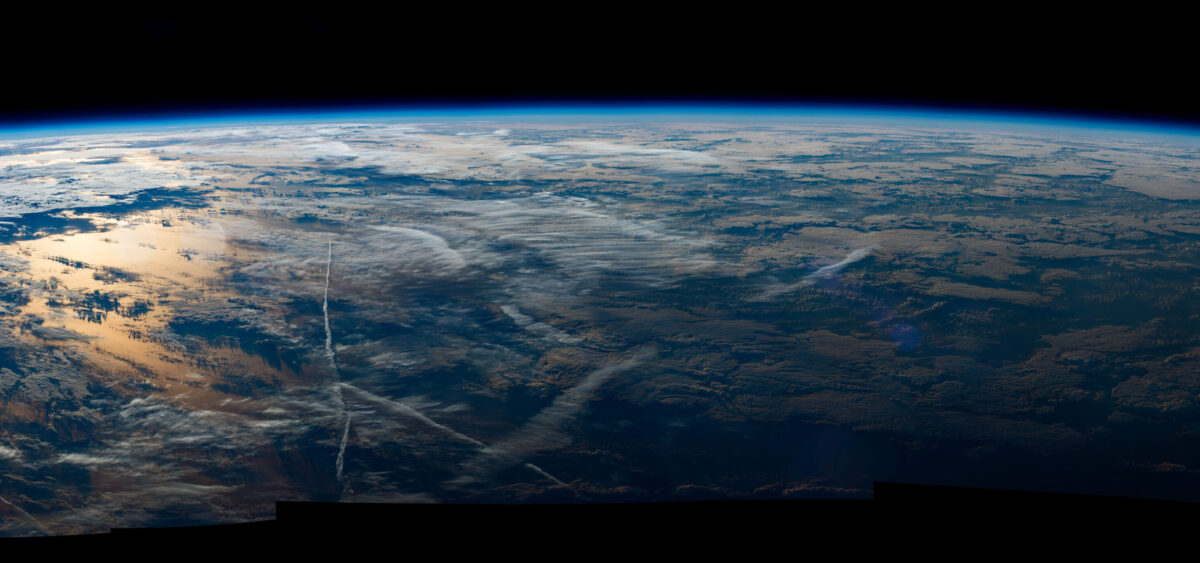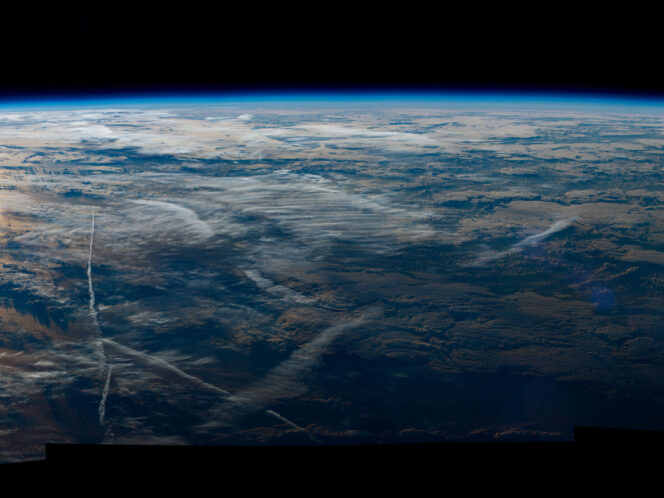
Over the course of centuries, the Atlantic Ocean was the main platform for the slave trade. Today, it dictates economic relationships between Europe and the US. Is this oceanic order coming to an end?
Let’s begin with stating the facts: the Atlantic Ocean will disappear. Europe and North America will merge into a single supercontinent. Yes, it won’t happen for another 200 million years, but the idea stirs the imagination just the same. Especially if we consider the sheer amount of effort and violence engrained in the history of European-American-African transatlantic relationships, remarkably tightly-knit despite the actual geographical distance. The Atlantic was, historically, the most crowded of all oceans, covered with the thickest net of marine connections between important destinations in the North—such as Liverpool, Sevilla, Charleston, and Boston—but also connecting those less obvious southern ports, such as Salvador and Recife in today’s Brazil, Cartagena in Colombia, and Kingston in Jamaica.
The idea that one day this aquatic barrier will vanish raises a question: is it possible for these two worlds, the Old and the New, to coexist? So far, the transatlantic relationships between those four continents—Europe, Africa, and the two Americas—have been dominated by narratives of rivalry, forced migration, violence, cruelty, and differences that proved to have more impact than any similarities. It’s worth starting to exercise our similarities though, because the continents are already getting closer.
According to National Geographic reports, scientists have found the first signs of subduction (which is the process of consumption of one continent by another) two hundred kilometers off the shores of Spain and Portugal. Subduction occurs when one tectonic plate starts sinking under the other. It is possible, then, that the Earth is slowly returning to its original shape; to back when all land was merged into one continent. And metaphorical interpretations aside—what a spectacular finale to centuries of progressive globalization, all continents turning into one global land village!—this would require the Atlantic Ocean to shrink and, quite literally, suck the New World in to connect it with the Old Continent. The new border between these two lands would be marked by a brand new mountain range, likely as high as the Himalayas. The southern part of the Atlantic Ocean would become its new sea.
Let’s allow this vision of an enormous geographical refurbishment prompt us even further. Let’s imagine a completely new order of international relationships. An order in which the Atlantic Ocean—for the past two hundred years, the most important water body in the world—vanishes from the geopolitical map and loses its previous role. For the last seven decades, it was exclusively controlled by the global superpower with its capital in Washington,








